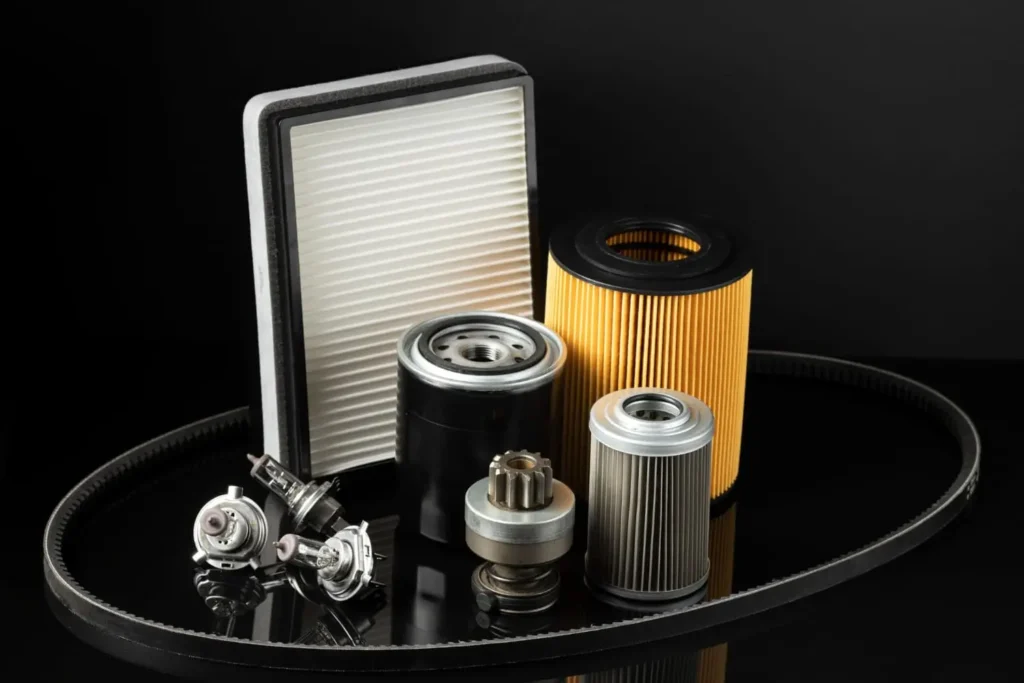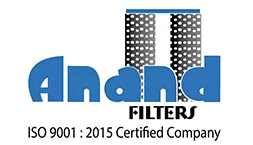
Choosing the Right Air Oil Separator: Key Factors to Consider
To keep air compressor performance at its best, air oil separators—which separate oil from compressed air—are an essential part of its operation. Utilizing layers of micro-glass fiber to capture coalescence, air/oil separator elements extract oil droplets from compressed air. This filtration technology works down to the sub-micron level to reduce oil consumption and entrainment into compressed air networks. An oil-wetted air compressor has an air oil separator to separate the compressed air and oil. To maintain clean air delivered to different components, its primary goal is to eliminate oil aerosols and other impurities from compressed air.
An air oil separator’s primary function is to remove oil particles from compressed air. Combining coalescing filtration with mechanical filtration techniques accomplishes it. A catch can or air oil separator has a relatively straightforward basic premise. Via a little hose, the oil-infused air enters the filter. After that, the air leaves the filter via an outlet that turns sharply away from the input. It can rotate with the air, but the oil cannot, so it falls into the filter. The filter vessel’s decreased pressure successfully removes a lot of the oil.
The Key Factors to Consider When Choosing Air Oil Separator
Efficiency Ratings:
It’s critical to consider the separator’s efficiency while selecting the best air oil separator for your air compressor. The separator’s efficiency indicates its capacity to remove oil mist particles from compressed air. The particular needs of the compressor, such as the airflow rate, operating pressure, compressor type, and oil type used, must be considered to select the appropriate separator.
A high-efficiency separator can reduce oil carryover and extend compressor component life, saving maintenance costs and boosting system efficiency.
You should seek advice from a reputable manufacturer or supplier to choose the correct air oil separator to fulfill your specific requirements, maintain safety standards, and adhere to environmental laws.
Compatibility with Existing Systems:
To achieve smooth integration and best performance, it is vital to choose an air oil separator that is compatible with the equipment you already have. Compatibility ensures that the separator is capable of meeting your system’s airflow and pressure requirements, minimizing potential problems, such as decreased efficiency or damage to the equipment.
Maintenance Requirements:
To ensure the longevity and the efficiency of an air oil separator, it is essential to have a solid understanding of its maintenance needs. Separators that need to be maintained regularly can be both time-consuming and expensive. To save money on maintenance expenditures, it would help if you looked for a separator that requires very little maintenance.
Durability and Lifespan:
The grade of materials used in the building of an air oil separator affects its longevity and durability. Finding materials that are strong, resistant to corrosion, and able to tolerate high temperatures should be done according to each one’s unique working conditions. In addition to keeping the air supply pure and contaminant-free, the filter material absorbs and removes oil from compressed air. The kind of filter material you use can significantly impact the effectiveness and the performance of the separator. For instance, fiberglass is used because of its excellent durability and effectiveness. However, more specialist materials, like synthetic fiber, which can perform better in high-moisture settings, can be needed for particular applications.
Cost vs. Performance:
It is crucial to weigh the initial cost of an air oil separator against its long-term savings and performance. While cost may be significant in selecting an air oil separator, price shouldn’t be the only element considered. Think about the long-term advantages and financial savings of purchasing a high-quality separator with a high-efficiency rating and little maintenance needs. Choosing a high-performance separator can save much money in the long run by increasing efficiency and lowering operating expenses, even though the initial investment may be more.
Brand Reputation and Reviews:
When picking an air oil separator, it is essential to choose a brand name with excellent credibility to ensure top quality, dependability, and assistance for clients. It prevails for reliable brand names to have a track record of efficiency and sturdiness, which is sustained by favorable comments from consumers and qualifications from the relevant industry. Investigating the brand name’s credibility and checking out consumer evaluations can be handy in making an informed selection.
Environmental Impact:
In today’s environmentally sensitive world, it is becoming increasingly essential to consider the effect of an air oil separator on the atmosphere. To contribute to the success of durability objectives, you can use environment-friendly options, such as separators constructed from recyclable products or those made to have a minimal influence on the setting. In addition, reliable separators that restrict the quantity of oil wasted and the amount of power consumed can further increase their ecological advantages.
How to Maintain Your Air Oil Separator
For an air oil separator to remain in excellent working order, maintenance must be performed consistently and appropriately. If these devices are emptied and cleaned out consistently, they will become usable due to the accumulation of oils and other debris. Therefore, the levels of oil in the spilled water may exceed the effluent limitations mentioned. You must adhere to a very stringent maintenance schedule to avoid any potential problems.
Regular Inspections: The air oil separator should undergo routine checks, which should be scheduled in advance. Maintaining efficiency requires checking, cleaning, and replacing filters as necessary.
Changing the Oil: Following the specified intervals for changing the oil to keep the quality intact, lowering the strain on the air oil separator is essential.
Quality Replacement Parts: Genuine parts are the best option for replacing the air oil separator since they are guaranteed to be compatible with the original and to work as expected.
Please adhere to the manufacturer’s guidelines. Maintain the equipment according to the techniques and maintenance schedule that the manufacturer directs.
Conclusion
In many industrial applications, air oil separators are essential parts that guarantee machinery runs smoothly by filtering out oil mist from compressed air systems. These considerations will help you select the best air-oil separator for your machinery. Air-oil separators are an excellent tool for businesses trying to increase productivity and enhance operations. These gadgets can lower energy expenses and improve equipment reliability by clearing the compressed air system of oil. Consider your unique needs when selecting an air-oil separator, and go with a reputable manufacturer with years of experience.

